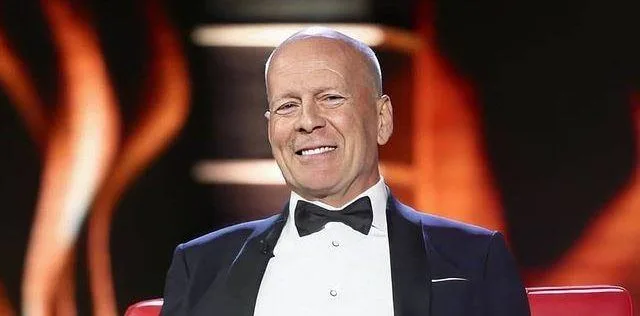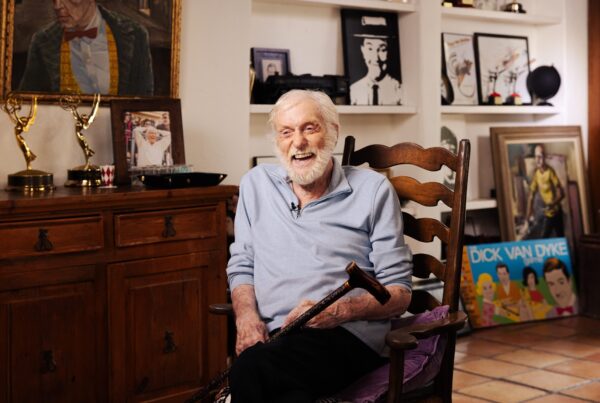Bruce Willis, arguably one of the best action-movie stars to come out of the 80s and 90s, has recently been diagnosed with a brain disorder, aphasia, as revealed by his ex-wife and actress Demi Moore in an Instagram post on Wednesday,
“To Bruce’s amazing supporters, as a family we wanted to share that our beloved Bruce has been experiencing some health issues and has recently been diagnosed with aphasia, which is impacting his cognitive abilities.
As a result of this and with much consideration Bruce is stepping away from the career that has meant so much to him.” – Demi Moore, Instagram
According to the National Aphasia Association, around 84.5% of people have never heard of “Aphasia.”, That said, read on as we break down the condition that’s currently affecting our favorite action heroes.
What is aphasia?
According to the Mayo Clinic, aphasia is a condition that affects your ability to communicate, affecting your speech, as well as the way you write and understand written and spoken languages.

brucewillisbw/instagram
Aphasia is often triggered after a stroke, with about a third of strokes resulting in aphasia. The National Institute on Deafness and Other Communication Disorders has found that other triggers include brain injuries.
Are there different types?
Dr. Borna Bonakdarpour, a behavioral neurologist with Northwestern Medicine, spoke to The New York Times about the different types of aphasia.
The first is expressive aphasia, which has patients struggling to speak in complete sentences. Patients often struggle to find the words they want to use. Dr. Bonakdarpour adds that patients may also struggle to remember words for certain objects. This can then cause them to pause for long periods of time, often in the middle of their sentences.
Then there’s receptive aphasia, whereby patients may experience intense confusion when people talk to them. They may even fail to follow conversations.
There’s also Global aphasia and this is when all aspects of the main language modes — speaking, understanding, reading, and writing — are severely impaired, resulting in the person being unable to communicate at all.
According to experts, a person can experience receptive aphasia and expressive aphasia, but some usually only deal with one or the other. At this time, we are unaware of which type Bruce Willis has been diagnosed with.
What are the symptoms?
According to the Mayo Clinic, symptoms of aphasia may include:
- Speaking in short or incomplete sentences
- Speaking in sentences that don’t make sense
- Substituting one word for another or one sound for another
- Speaking unrecognizable words
- Not understanding other people’s conversation
- Writing sentences that don’t make sense
Dr. Shazam Hussain is the director of the Cerebrovascular Center at the Cleveland Clinic in Ohio. While he admits that everyone can have periods where they’re busy or distracted or forgetting a word, he tells The New York Times that if your inability to communicate affects your day-to-day activities, then you may be in trouble.

brucewillisbw/instagram
He added that if your inability to communicate grows more severe or if those closest to you begin to notice a pattern that you can’t see, then you’ll need to seek medical attention.
How can I reduce my risk?
As of this writing, there is no guaranteed way to prevent aphasia. However, you can take steps to protect your brain health.
Dr. Hussain advises that you follow a balanced diet, stay active, and that you make note of stroke risk factors. These factors include family history, high blood pressure, smoking, heart disease, diabetes,
“The healthier you can keep your brain overall, the less of a chance of these or other issues of the brain developing,” Dr. Hussain said.
Can it be treated?
While there is no cure, those with aphasia can undergo speech and language therapy in order to rehabilitate their language skills and rebuild their conversation and cognition skills.
MAIN IMAGE CREDIT: brucewillisbw/instagram
Want to know more?
The conversation around female hair loss continues to get attention. One person who is happy about this, especially because they’ve been on a mission to encourage said conversations, is actress, TV host, and documentary filmmaker Ricki Lake as she’s also struggled with female hair loss.



![women [longevity live]](https://longevitylive.com/wp-content/uploads/2020/01/photo-of-women-walking-down-the-street-1116984-100x100.jpg)










